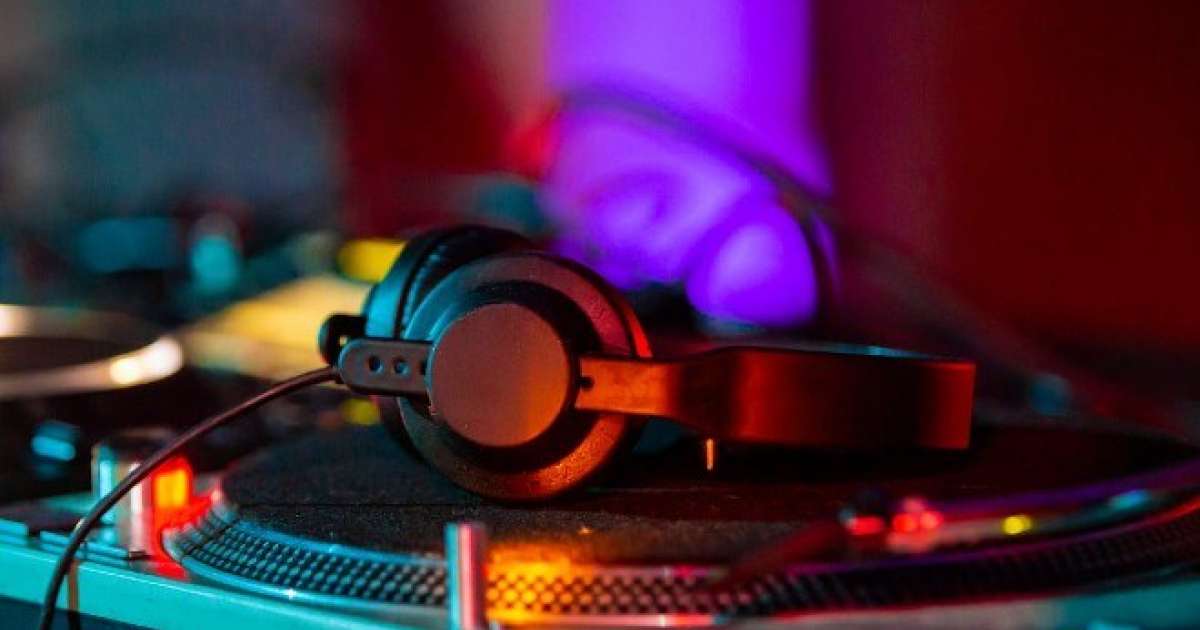
Tinnitus sufferers can wait up to three years for NHS appointments, report finds
Tinnitus sufferers can wait up to three years for NHS appointments, a new report from Tinnitus UK has found.
Published on Monday (February 3) during Tinnitus Awareness Week, the report found that the waiting list for NHS ear nose and throat referrals can last up to the three years — while delays in hearing aid assistance and psychological appointments, including CBT referrals and talking therapies, can last up to 12 months.
According to Tinnitus UK, 65.8% of patients surveyed said these prolonged waits negatively impacted their quality of life.
Read this next: “My life changed overnight”: Dealing with sudden hearing loss and tinnitus
The research also highlighted the extent that industry practices diverge from established recommendations, citing the rise of unaccredited audiologist-led cognitive behavioural therapy as a concern due to a “lack of regulation” and “disparities in education, practice quality and patient outcomes.”
Only 12% of private audiology professionals said their clinics deemed tinnitus care “essential,” with many UK audiology graduates being left without the clinical experience necessary to meet their patients’ needs due to inadequate training.
The findings are particularly worrying given that around eight million people living in the UK will be affected by tinnitus by the end of 2025, according to the CEO of Tinnitus UK, Alex Brooks-Johnson.
Globally, millions of people already suffer from tinnitus, with DJs, musicians and dancefloor fans particularly at risk due to their repeated exposure to loud music and noisy environments.
On Monday, the Swedish DJ Alesso posted a video on Instagram in which he revealed that he’d been struggling with tinnitus, explaining it as the reason he’d been cancelling shows.
Read this next: How tinnitus affects DJs’ life and work in music
“Basically, two months ago, I woke up with the loudest ringing in my ears,” he said. “I’m talking a 10 out of 10. Yeah, was in complete shock and it was not after a show.”
He added: “I just woke up and it was so intense. And I’ve had some issues, had tinnitus in the past, but nothing like this. And I know it’s super common in the music industry, but I had a really, really difficult time dealing with this.”
Fortunately, the producer said that he’s getting better, adding that he’s looking forward to performing at events like Miami’s Ultra festival. “I will be doing shows, just not as many, as you can understand,” he said, signing off with: “Love you guys, hope I see you this year. Stay safe.”
You can read Tinnitus UK’s Ringing The Alarm report in full here.
Henrietta Taylor is Mixmag’s Digital Intern, follow her on Twitter



